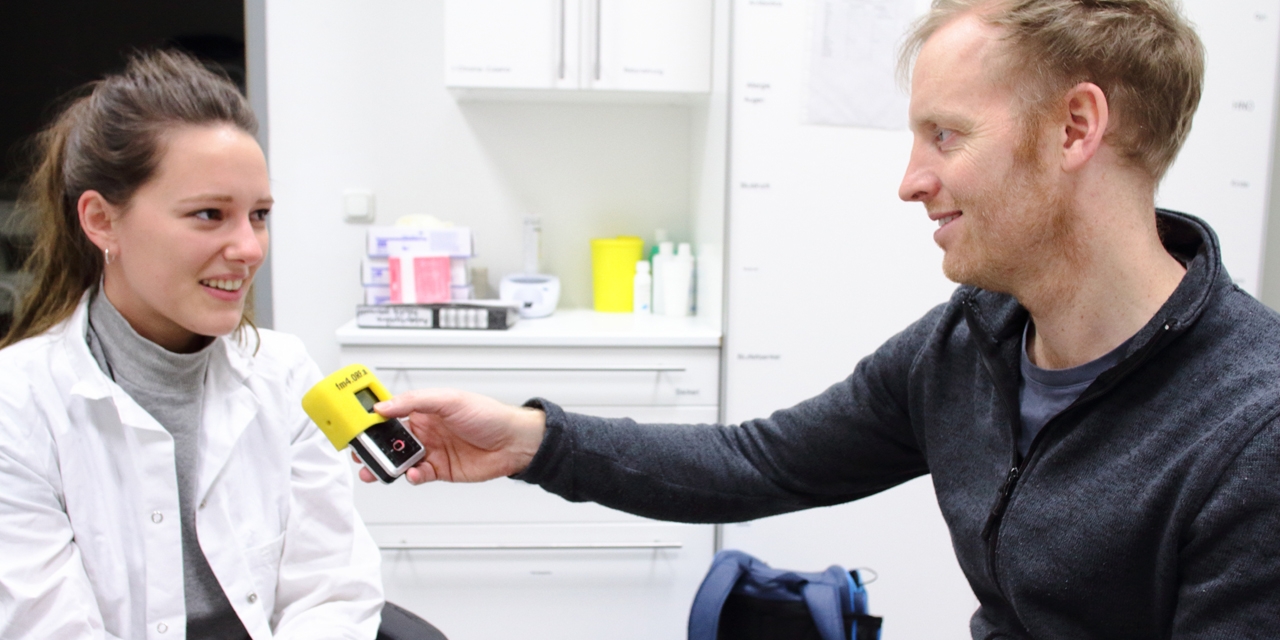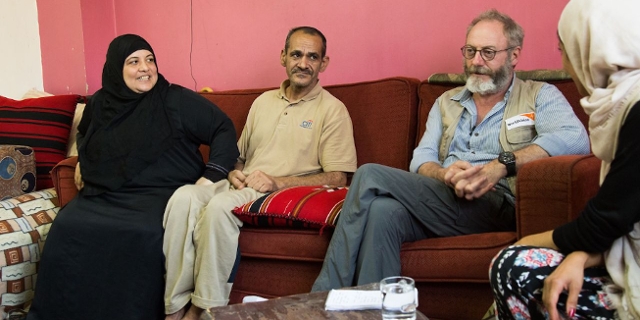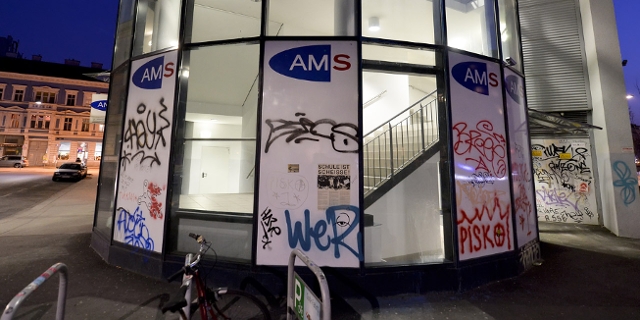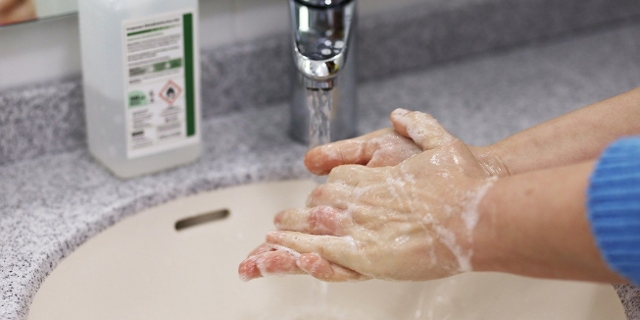Plugging The Gaps In The Health System
Austria has a famously good health system, but still there are tens of thousands of people living in this country who fall through the medical safety net. They are people like Gerry, who arrived in Austria as a student but ended up remaining here without health insurance. “I was always scared to be sick,” he says. “You don’t know what will happen next.”
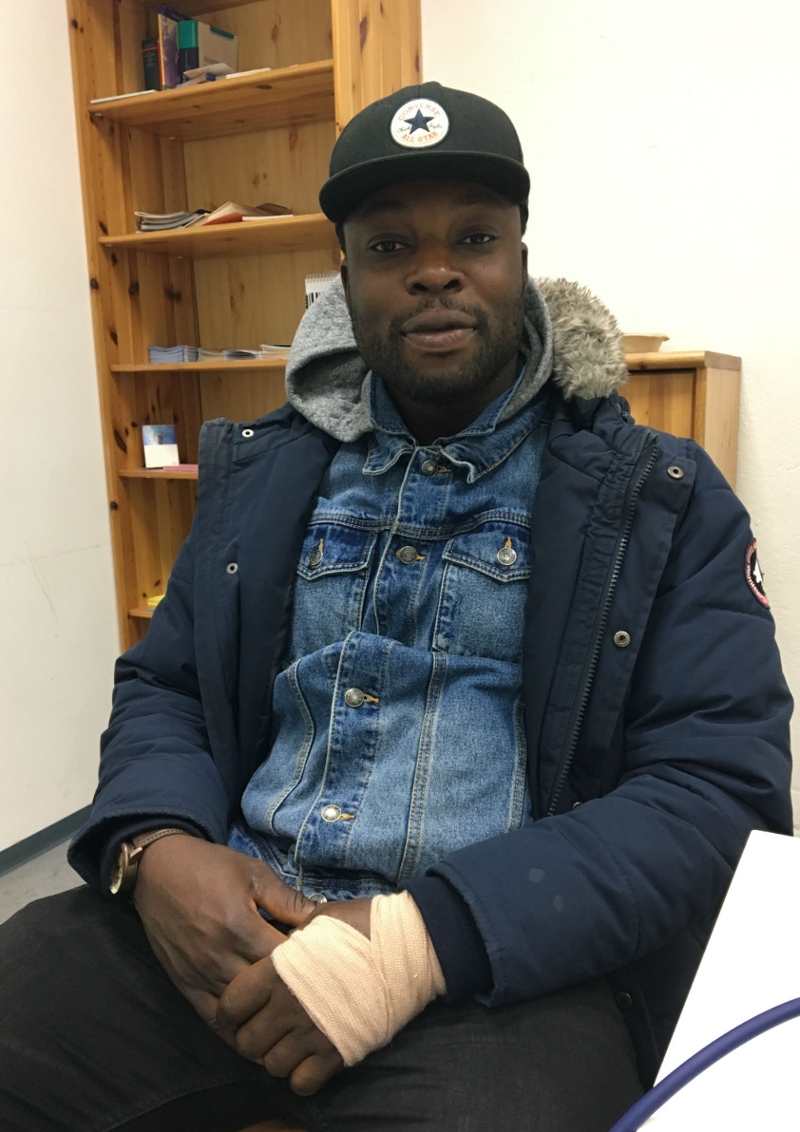
Chris Cummins
If he felt ill, he could only google his symptoms, which is a dangerous undertaking for the medically unqualified. And even if he managed to guess right, how could he get treatment from the chemist without an official prescription?
It was the late philanthropist Ute Bock, a woman Gerry calls “Mama Africa”, who advised him to go to AmberMed, a medical clinic housed in rooms donated by the Austrian Red Cross, near a rumbling motorway on the Southern outskirts of Vienna.
„They take time with you.“
There, qualified doctors and chemists working in their free time and free of charge, treat people like Gerry and, if possible, help to them reconnect with the public health services network.
"I like this place,” he says. “When I come here they take time with you. They talk to you. They treat you with respect.”
“Often people start crying.”
The first person a new patient at the clinic will usually meet is Thomas Öhlböck, who takes care of the initial clearing conversations. He gathers the background personal information of the patients before handing them over to the doctors; but even this bureaucratic necessity requires patience and sensitivity.
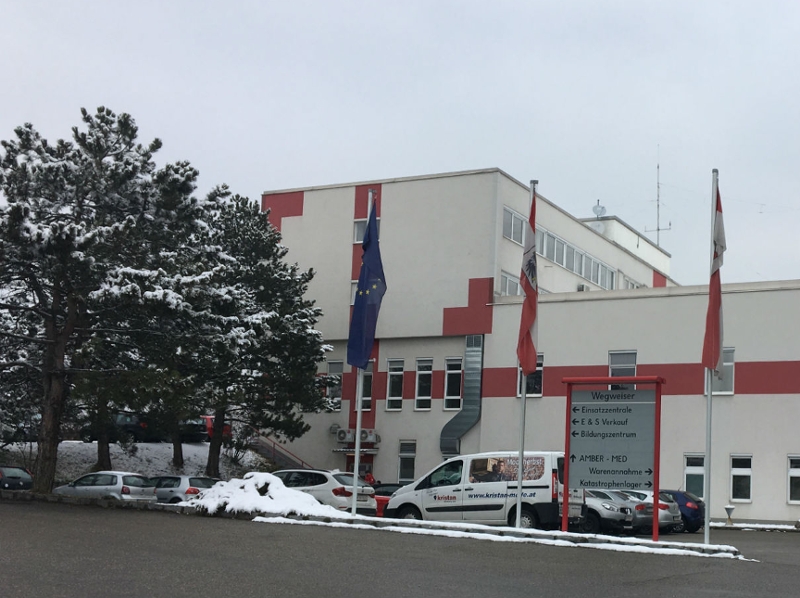
Chris Cummins
“The simple question about why they are here without medical insurance brings up lots of emotions,” he tells me. “Often people start crying.”
This is because many patients have turned to AmberMed as a last resort following traumatic events. Perhaps, for non-Austrians, it is the upheaval of the precarious journey from a war-torn or poverty-stricken country, while for Austrians it could be a broken relationship, a fight with the family or the collapse of a business. There are many ways to fall through the official safety net and they all leave their emotional scars.
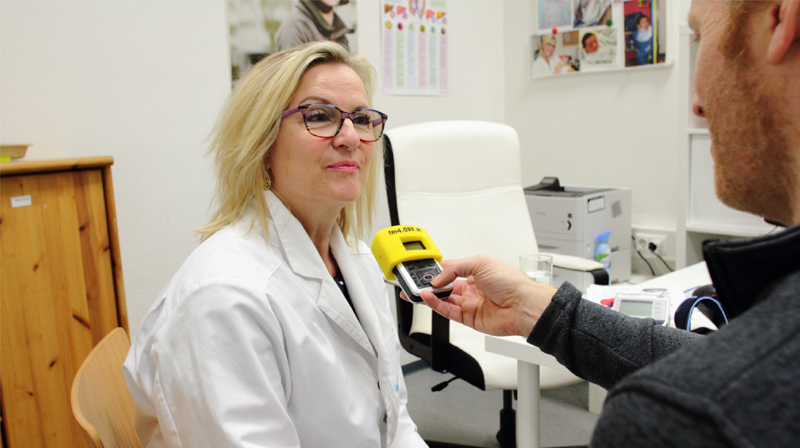
Thomas Öhlböck
Refugees should be covered by the 2015 “Grundversorgung” law, but Dr. Monika Matal, the lead doctor at the AmberMed clinic says there is “a difference between theory and what happens in practice” and so many miss out on health coverage.
Anyone is welcome
These include some refugees who are still in the process of filling out their asylum application, and also people whose asylum application have been rejected and who have yet remained in the country.
The doctors have sworn the Hippocratic Oath, which in spirit puts them above the nitty-gritty of asylum politics: if someone is sick, they get treatment.
Feelings of Shame
Part of the work of the AmberMed team is to advise people on how to reconnect with their rights to the national health services. Sometimes people who could have insurance have simply failed to go down the necessary bureaucratic paths and fill out the required forms.
Sometimes, explains AmberMed’s manager Carina Spak, this is because they have been inhibited by the feeling that they are failures. She cites self-employed people who have suffered bankruptcy finding themselves without coverage because they are reluctant to go down the necessary road to get that coverage because of a sense of shame or failure.
AmberMed is majorly supported by Diakonie and the Austrian Red Crossand is 50% financed through public money, but it is largely kept running by donations and, of course, the hours taken out of their busy schedules by medics like Dr. Matal, who often forgo their lunch breaks to treat people at the clinic. “I really like being a doctor,” she says “and I want to give my time to those who otherwise couldn’t afford it.”
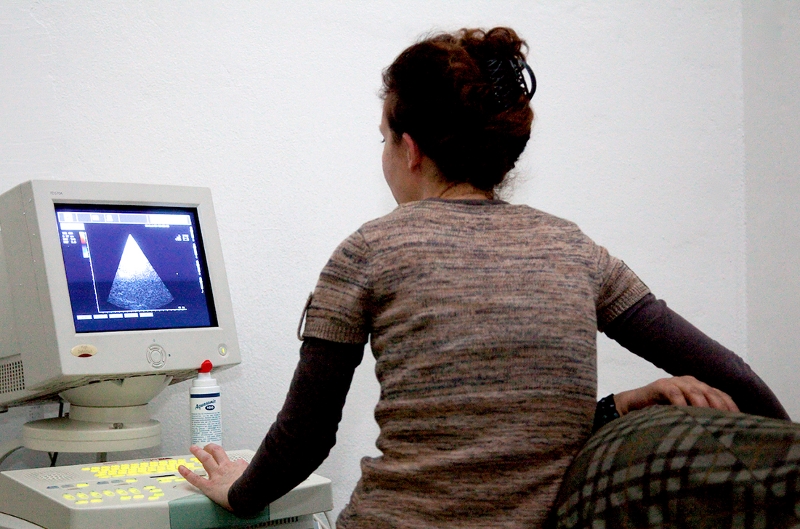
Amber Med
Stretched to the limits
Nonetheless, she adds, the clinic is severely stretched. “Our capacities are nearing their limits. We are constantly looking for new doctors, particularly for general practitioners, who will come and work with us. Or we urge them to take some medical uninsured patients into their own practices and look after to them there; for example five a month.”
The consequence of this undercapacity at AmberMed is full waiting rooms and long waiting times, admits Thomas Öhlbock, and this is partly because of the linguistic diversity of the patients. Öhlböck works with a host of interpreters, translating from languages such as Romanian or Chinese.
As the first point of contact, he describes his role self-deprecatingly as the “Pausenclown” using bonhomie and a human touch to put the patients at their ease; but he admits that “when there are 30 people waiting for two or even three hours and, maybe, there is a baby crying, it can feel quite tense.”
Networking for diagnosis
Access to routine but essential medical tests is reliant on the goodwill of experts, as Dr. Monika Matal explains: “It works best through networking. I have an acquaintance who runs a laboratory and I asked him if he could test a certain number of samples every week free of charge.”
The clinic can only give the patients prescription drugs that have been donated, which can make devising effective treatment challenging, says Dr. Matal.
She and her fellow doctors rely on the help of a team of volunteer pharmacists. One of them is Alena Leskova, who works only part time at a high street chemist and has found her engagement at AmberMed very rewarding.
“I’ve had lots of positive experiences. The people are just thankful that someone is there for them and can help them find the right treatment. They are grateful that they are not alone in what is often a very difficult time.”´
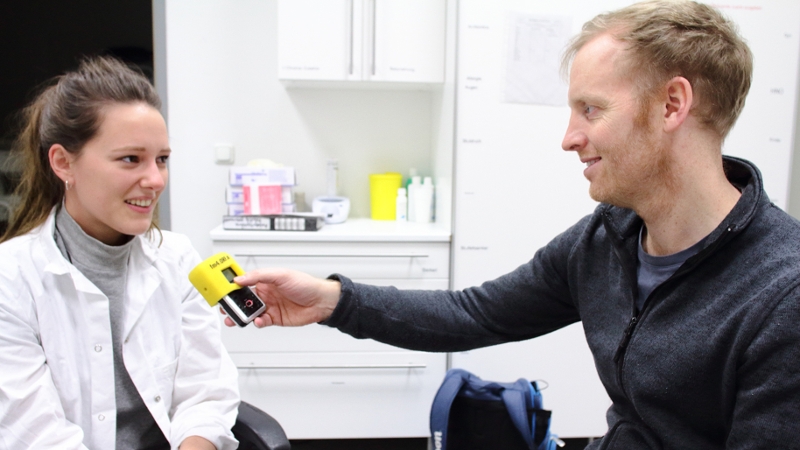
Thomas Öhlböck
For medical student Klara Beitl, volunteering at AmberMed has been an eye-opening experience: “Seeing how people have to cope in their everyday lives and seeing how opportunities are limited when you have little money and no insurance.”
Ill health is often linked with poverty. People who live in cramped or mold-infested housing, or who can’t afford healthy food are more susceptible to many chronic conditions.
But the medical student, who has already worked as a volunteer in Zimbabwe in her young career, says it has been a privilege as well as a challenge. “You see people who came here seemingly hopeless and you see them being treated and doing better and maybe, for example, bringing a healthy child into the world. That is simply beautiful to see.”
Publiziert am 02.03.2018







